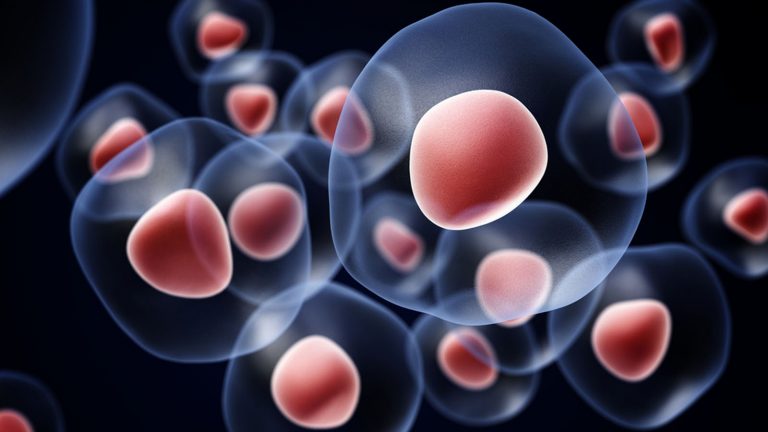
The big news out of the biotechnology space yesterday was that Amicus Therapeutics, Inc. (NASDAQ:FOLD) has reported data from a phase 3 study of lead investigative asset, a drug called SD-101. The company was investigating the drug as a potential treatment for a condition called epidermolysis bullosa (EB), which is really nasty condition that causes a patient to have extremely fragile skin and, in turn, results in rips and tears as well as blisters. It’s incredibly painful and, right now, there are essentially no effective treatments available on the market in this patient. Patients have to rely on bandaging and topical wound care to avoid infection and that sort of thing, as well as maintain a strict chronic medication schedule for pain management.
Amicus was trying to change this with SD-101, but unfortunately, it doesn’t like it’s going to be able to right now. The drug is a topical administration cream that’s designed to speed up the time to healing of the wounds that are a characteristic of the disease.
So what did the data tell us?
The company reported on Wednesday that the phase 3 trial missed its primary endpoint of improvement in either disease severity or the speed with which the wounds healed when compared to placebo and, as such, the trial is deemed a failure.
Anybody that is familiar with EB as a disease will know that this is a real blow to the target population. A large portion of individuals suffering from this condition of children and, with no viable treatment option outside of the above mentioned, there was a lot of hope pinned on Amicus’ asset. There are a couple of other drugs and topical type therapies in development right now, but none of these are as late stage as SD-101 was, compounding for disappointment.
As far as this program goes, then, it’s pretty much the end of the line. Management outlined the fact that there will be an ongoing extension trial as part of which patients can still receive treatment, but Amicus isn’t going to be investing any more cash into the program.
Surprisingly, markets haven’t really reacted strongly to the news. The company lost a couple of percentage points early on in the session but has recovered to trade for a little over $13.50 a share heading into the Thursday open and a market capitalization of $2.22 billion.
The second company on the list for today is Vanda Pharmaceuticals Inc. (NASDAQ:VNDA).
Just as with Amicus, this one is all about trial data and, again, just as with Amicus, Vanda has put out some disappointing news. The company reported data on Wednesday from a phase 2 trial of a drug called tradipitant. It’s currently under investigation as a potential therapy for chronic pruritus in patients with atopic dermatitis. This is a market that has a number of available treatments on shelves right now but many of them reducing efficacy over time (or don’t work from the outset) and, anything skin related, especially as is rooted in dermatitis, is generally a huge pool of revenues so it only takes a small portion of the market to dramatically revise a company’s earnings potential.
So what happened?
As per the latest data release, the primary endpoint was not met, with average itch Visual Analog Scale (VAS), the primary endpoint, recording a p-value 0.306, which was not significant. Management reported that it believes the primary endpoint missed due to a high placebo effect and the lack of sensitivity of this measure.
Whether this is a valid reason, it’s tough to tell. These sorts of higher than expected placebo responses do occur and there are numerous examples of it in other dermatology trials, but to rest on this as a primary reason for failure is always inviting cynicism.
Anyway, markets are (as expected) responding negatively to the news and the company is trading down on the outcome. At last count, Vanda went for a little over $17 a share, down on its midweek pricing of close to $18 a piece. After hours last ni, ht this dipped by another 6% to bring the company to a Thursday morning open price of $16 flat.




